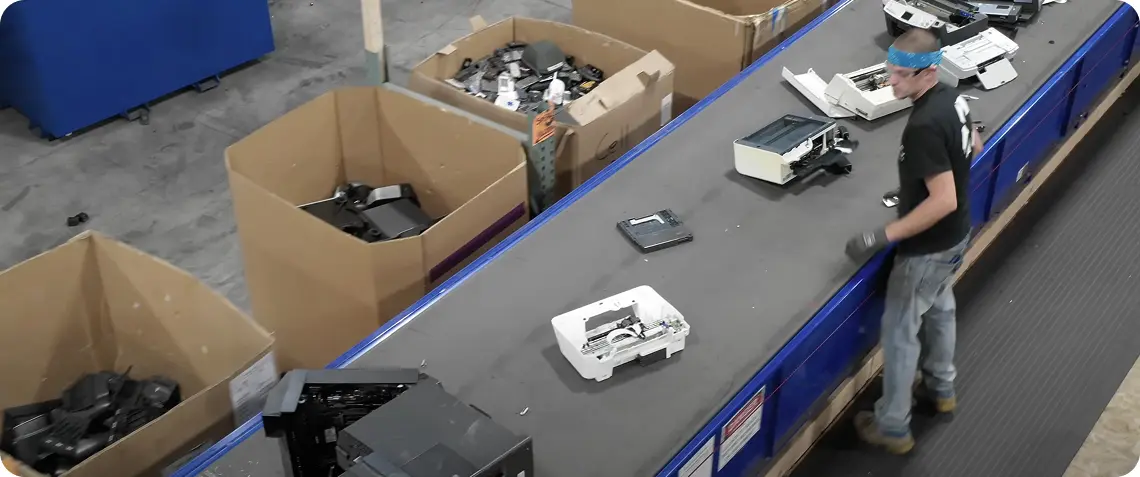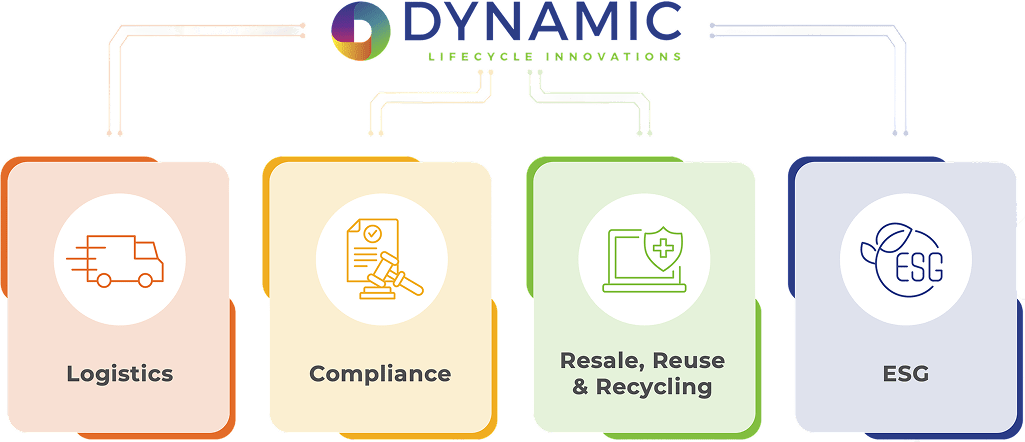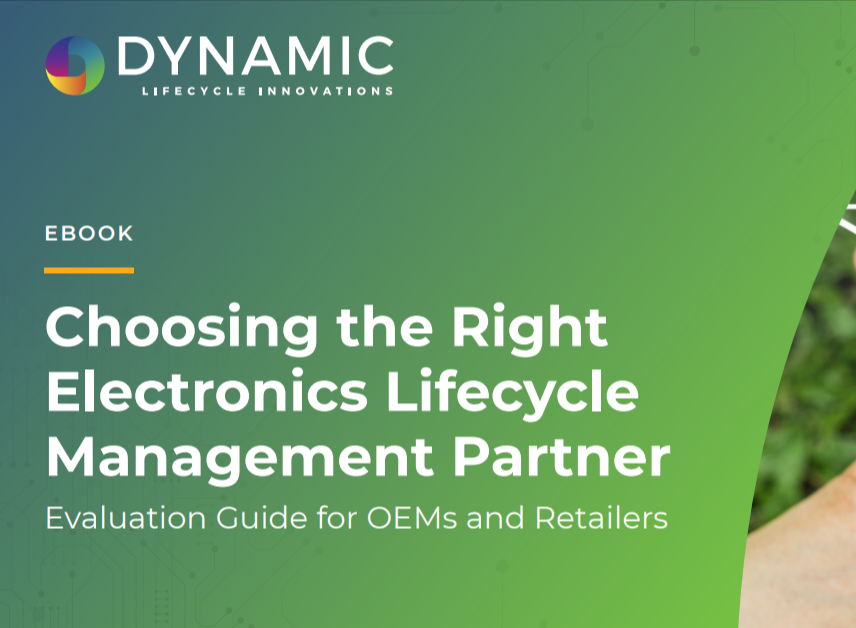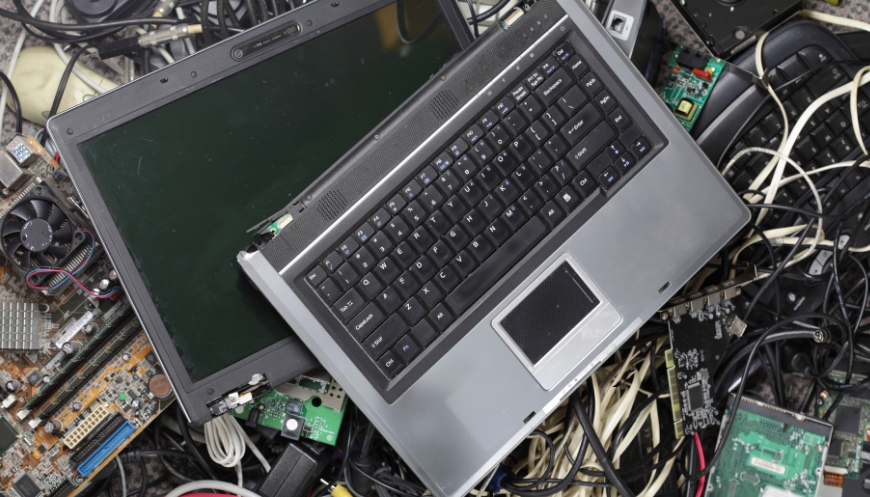Electronics Recycling. Built for Compliance, Scale, and Value.
Enterprise-grade recycling solutions that protect your brand, secure your data, and recover value — trusted by OEMs, global businesses, municipalities, and recycling partners worldwide.

The Big Picture
Our approach goes beyond recycling — it delivers confidence and transforms technology into opportunity. Through innovation, compliance, and circular practices, we extend lifecycles, recover materials, and operate with integrity, transparency, and accountability you can trust at scale.

Brand Protection
We protect your brand by reducing risk and ensuring every asset is securely managed from start to finish.

Value Recovery & Market Advantage
Recycling is opportunity. We maximize recovery while driving cost efficiency for our partners.

Certified. Audited. Proven.
Every step of our process is backed by globally recognized standards for safety, compliance, and accountability.

Sustainability & ESG Impact
We deliver measurable environmental and social impact that goes beyond compliance.

Your Strategic Partner
We build long-term partnerships based on trust, scale, and alignment.

Placement Text

The Power of Vertical Integration in Electronics Recycling
One partner. One process. One chain of custody. We handle every step—from pickup through final material recovery—within a single, unified operation, giving you more value and less risk at every stage.

Lower Cost, Less Complexity – Fewer vendors, less transport, faster recovery of reusable materials.
Stronger Brand Protection – Verified security from start to finish with no risky handoffs.
Proven ESG Performance – Carbon avoidance, responsible processing, and full audit trails.
Streamlined Operations – One partner and minimal overhead for faster execution.
Reduced Compliance Exposure – Reduce time of vetting or auditing new vendors.
Related Resources
For electronics original equipment manufacturers (OEMs) and retailers,
the landscape of reverse logistics is constantly shifting and increasingly
fraught with risk.
For electronics original equipment manufacturers (OEMs) and retailers,
the landscape of reverse logistics is constantly shifting and increasingly
fraught with risk.
As companies everywhere look to lead with purpose, takeback programs are stepping into the spotlight as a powerful way to turn sustainability commitments into real, measurable impact.
Let’s turn your e‑waste into opportunity.
Protect your brand, stay compliant, and recover more from every device with a trusted recycling partner.




